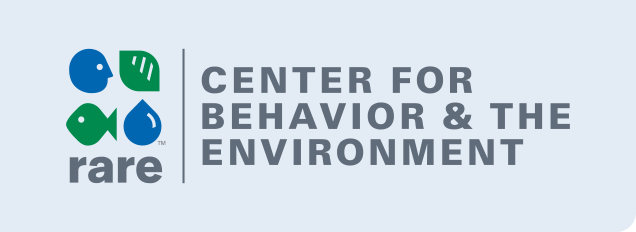Abstract
Small‐scale fisheries are an important livelihood and primary protein source for coastal communities in many of the poorest regions in the world, yet many are overfished and thus require effective and scalable management solutions. Positive ecological and socioeconomic responses to management typically lag behind immediate costs borne by fishers from fishing pressure reductions necessary for fisheries recovery. These short‐term costs challenge the long‐term success of these interventions.
However, social marketing may increase perceptions of management benefits before ecological and socioeconomic benefits are fully realized, driving new social norms and ultimately long‐term sustainable behavior change. Click To TweetBy conducting underwater visual surveys to quantify ecological conditions and by conducting household surveys with community members to quantify their perceptions of management support and socioeconomic conditions, we assessed the impact of a standardized small‐scale fisheries management intervention that was implemented across 41 sites in Brazil, Indonesia, and the Philippines. The intervention combines TURF reserves (community‐based territorial use rights for fishing coupled with no‐take marine reserves) with locally tailored social‐marketing behavior change campaigns.
Leveraging data across 22 indicators and 4 survey types, along with data from 3 control sites, we found that ecological and socioeconomic impacts varied and that communities supported the intervention and were already changing their fishing practices.
These results suggest that communities were developing new social norms and fishing more sustainably before long‐term ecological and socioeconomic benefits of fisheries management materialized.

